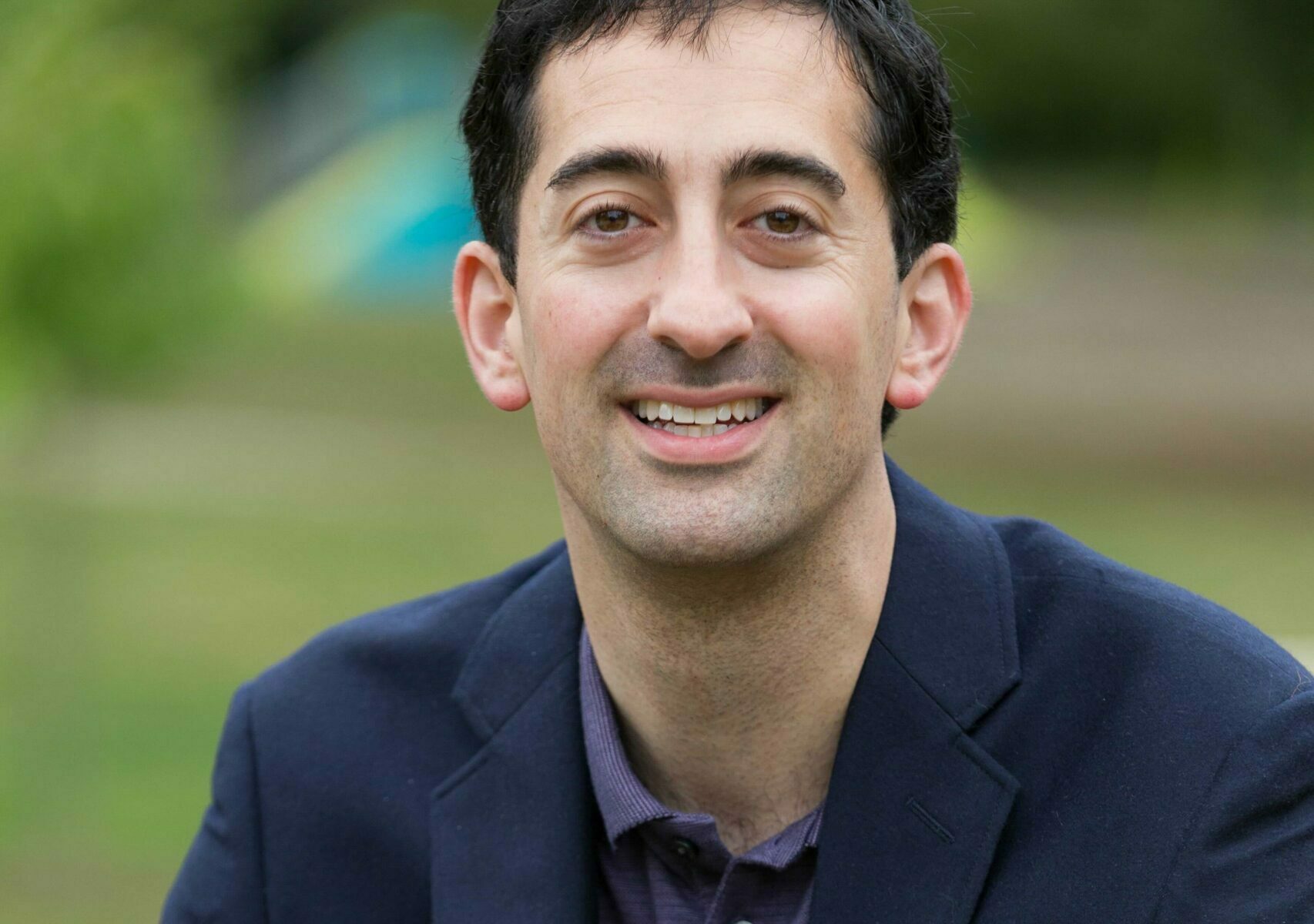February 08, 2020
Protecting the Value of Solar in Iowa
ELPC has a long track record of promoting solar power as both an environmental boon and an economic windfall for Iowans.
After ELPC and a coalition of groups stopped legislation that had been called the “sunshine tax” for its severe detrimental impact on solar, ELPC helped craft legislation that became Iowa Senate File 583, a landmark bill that will provide predictability for Iowa’s solar industry, utilities, and customers, while promoting solar growth in the Hawkeye State.
The 2020 legislation was the result of collaborative discussion between stakeholders including ELPC, MidAmerican Energy, the Iowa Solar Energy Trade Association, Iowa Pork Producers Association, and the Iowa Environmental Council. The measure passed both the Iowa House of Representatives and the Iowa Senate unanimously.
It was a resounding show of bipartisan support for a bill that, just a year before, the Des Moines Register called “one of the most polarizing issues” in Iowa politics.
This legislation came out of a unique collaboration where parties came together to find a solution that benefits everyone. That’s exciting on its own, but one of the most exciting aspects of this is the certainty it will provide. Customers will be able to invest with confidence, knowing what the rules are. Solar installers and utilities will be able to plan ahead with assurance. This will lead to job creation and a robust solar market that will continue to grow and thrive.
ELPC and the Iowa Sun
ELPC’s Iowa team has a long track record of promoting solar power as both an environmental boon and an economic windfall for Iowans. We helped pass Iowa’s original solar tax credit program in 2012. Later, ELPC’s Iowa team and our Iowa solar energy business partners succeeded in more than tripling the credit, raising the annual tax credit availability from $1.5 million to $5 million, increasing the individual project cap, and allowing businesses to claim separate credits for each location.
Between 2012 and 2018, the tax credit program generated $26.6 million of solar tax credits, which have leveraged $209.5 million in total investment and 4,202 solar projects installed on homes, barns and small businesses.
In 2014, ELPC Senior Attorney Brad Klein and I scored a major win for solar producers before the Iowa Supreme Court, appealing an Iowa Utilities Board (IUB) decision that made solar energy much more expensive and difficult to develop.
The original IUB ruling essentially labeled solar installers “public utilities,” subject to a wide gamut of regulatory requirements, if they financed their solar projects through power-purchase agreements with their clients. The board’s ruling would have increased solar costs and complexity for Iowa businesses like Dubuque-based Eagle Point Solar, which was represented in our suit.
Model Legislation
Just as our Iowa Supreme Court win was watched closely by utilities and the solar industry across the nation, ELPC Senior Policy Advocate Steve Falck believes the collaboration that led to Senate File 583 should also be studied.
These same battles between solar installers and utility companies are going on across the country. But this is the first time we’ve seen the installers, customers and utilities work together in such a collaborative and involved fashion. What happened here in Iowa should be a nationwide model.
What the legislation does is standardize how Iowa residents and businesses who invested in solar panels are compensated for the energy that flows back to the grid. Companies, utilities, and individuals can now invest in solar knowing that the rules today are going to be the same rules tomorrow.
The new policy codifies net metering while creating a new, optional inflow-outflow system. Solar customers taking service under both net metering and the new inflow-outflow system would be able to supply their own energy needs and would receive credit for the energy they supply to the grid while paying for energy delivered by the utility. Each utility has the ability to choose to bill its solar customers based on net metering or an inflow-outflow rate.
The legislation also calls for a Value of Solar study to be created through a stakeholder process overseen by the Iowa Utilities Board and utilizing an independent third-party consultant.


